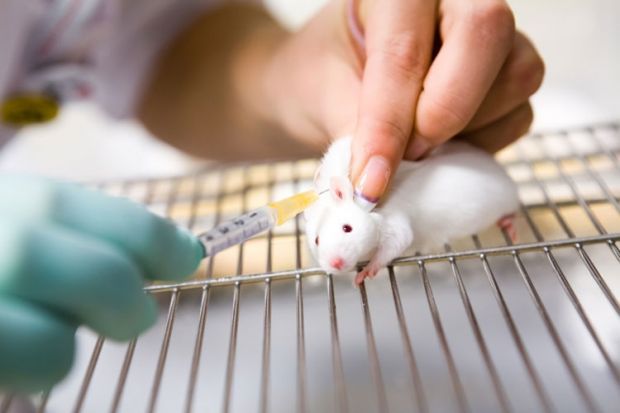More than 70 universities, pharmaceutical companies, learned societies and research funders have committed to greater transparency over their involvement in animal research.
The Concordat on Openness on Animal Research in the UK, launched on 14 May, commits signatories to clarity about when and how they use animals in research. They will have to provide “accurate descriptions of the benefits, harms and limitations of such research” and “respond to reasonable enquiries” for further information.
The concordat has been developed over 18 months following concerns in 2012 that public support for animal research was falling.
The signatories “recognise that…to be seen as trustworthy we must be open, transparent, and accountable for the research that we conduct, fund or support, including when the high standards we strive for are not achieved”.
They hope to allow the public to “debate the issues from a position of knowing the facts and make up their own minds about animal research”.
Signatories will do their best to implement certain practical measures, such as posting their animal research policies on their websites and mentioning in media releases when animal research has played a “significant role” in breakthroughs.
But although allowing “accredited journalists, MPs and local school, patient and community groups” to visit animal facilities is “strongly encouraged”, the concordat acknowledges that there will “sometimes be practical reasons why access may not be possible”.
Each institution will report annually on its progress on openness; the charity Understanding Animal Research, which is coordinating the concordat, will combine these reports into a sector overview.
Any organisation that makes no progress “will be asked to reconsider its position as a signatory”. In addition, the concordat will be amended as necessary following a review of its impact after three years.
Earlier this month, the government began a consultation on changing the law to allow the Home Office to release more information on the animal experiments it has licensed.
A spokesman for pressure group People for the Ethical Treatment of Animals said “lifting the veil of secrecy” around animal testing would help to “hasten” moves away from “the archaic notion of experimenting on other species and towards human-relevant science”.





